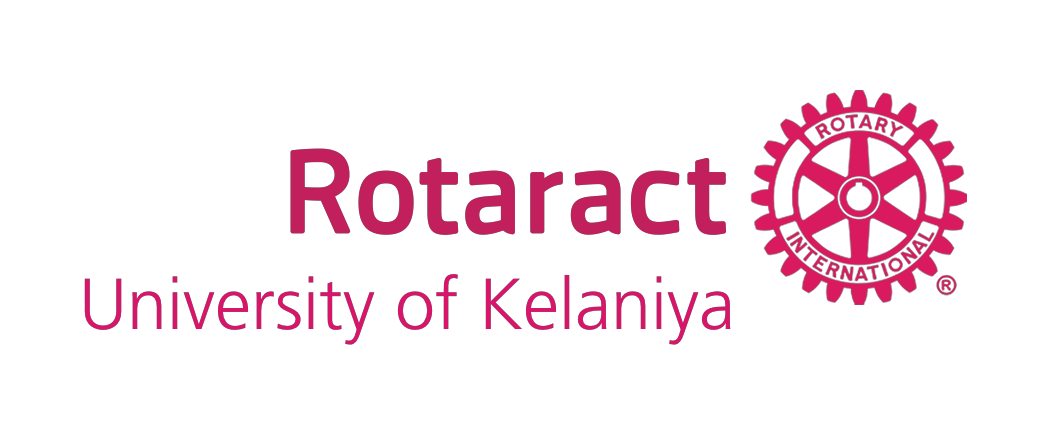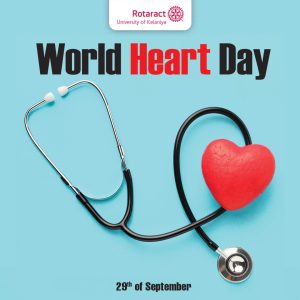
“On International Migrants Day, we highlight the urgent need for safe migration governance rooted in solidarity, partnership, and respect for human rights.”
– UN Secretary, General António Guterres –
The International Migrants Day is annually observed on the 18th of December. It is a day to reflect on the contributions of the global migrant community. Additionally, the day focuses on the challenges displaced persons categorized under the same community face. The day commemorates the United Nations adaptation of the International Convention on the Rights of All Migrant Workers and Members of Their Families on December 18, 1990.
On this day, it is important to identify how migrants can help and improve host countries and communities with their array of skills. It is apt to view them as change agents, creating possibilities for advancement and contributing to social and economic prosperity. Migrant health workers, for example, were critical to the frontline response during the COVID-19 pandemic. Furthermore, the healthcare systems of many countries are increasingly reliant on foreign workers. Accordingly, this year’s theme for International Migrants Day is,

“Act Today for a Better Tomorrow for All: Improving the Health of migrants to Unleash the Power of Migration”.
To advocate for migration guided by the idea that humane and orderly migration benefits both migrants and society, this global event is supported by events organised by the International Organization for Migration’s nearly 500 country offices and sub-offices as well as governmental, international, and domestic civil society partners. They examine a wide range of migration themes, including social cohesion, dignity, exploitation, and solidarity.
Throughout International Migrants Day festivities, the theme of making migrants’ voices heard is prevalent. Since 2016, International Migrants Day has additionally functioned as the stage for the grand finale of IOM’s three-week Global Migration Film Festival (GMFF).
The subject of migration requires our consideration and comprehension as we work through the challenges of living in a globalized environment. Therefore, on International Migrants Day, we not only honour migrants but also acknowledge our common humanity and obligations as humans.





